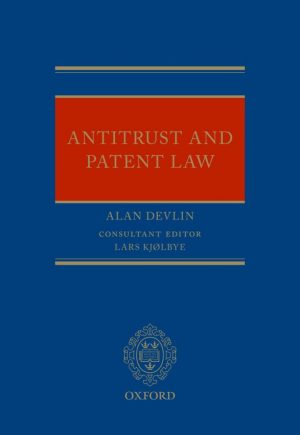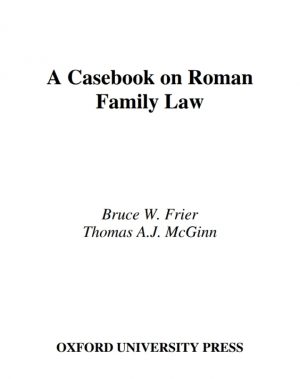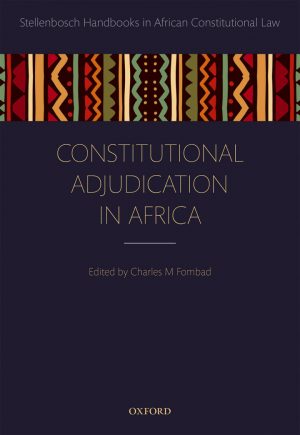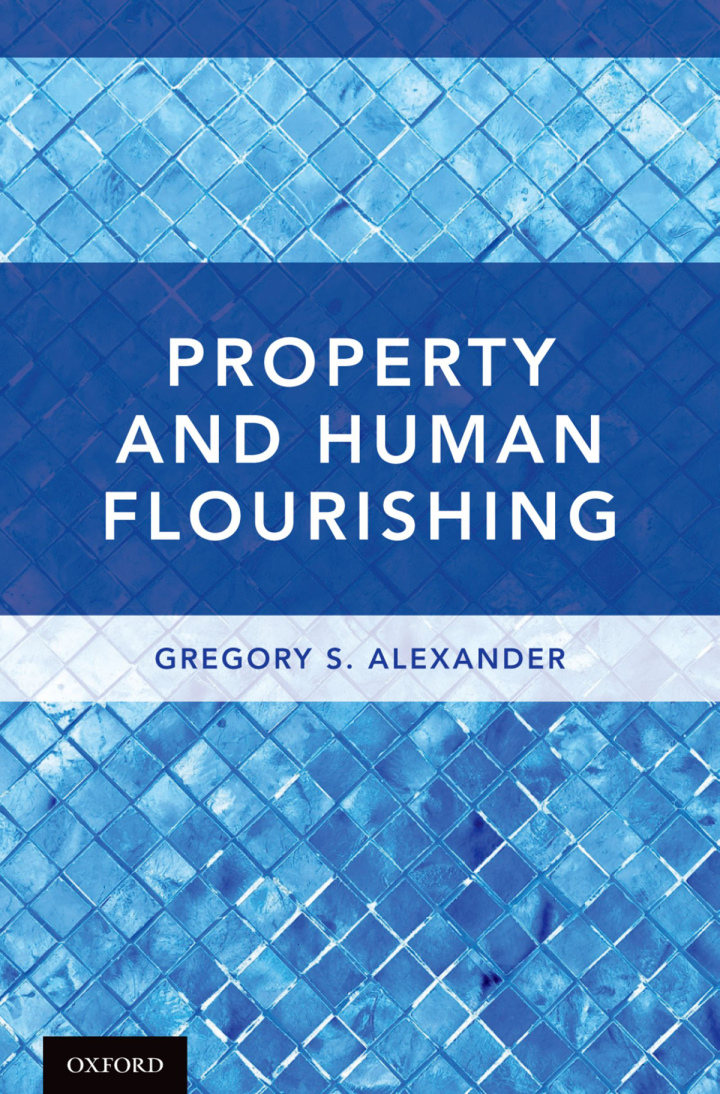Property and Human Flourishing
$42.25
Attention: This is just ebook, Access Codes or any other Supplements excluded! / File Delivery: Sent Via Email within 24 hours!
SKU: 5d250fa49430
Category: Law Textbooks
Description
-
Author(s)Gregory S. Alexander
-
PublisherOxford University Press
-
FormatPDF
-
Print ISBN
9780190860745, 019086074X -
eText ISBN
9780190860745, 019086074X -
Edition
-
Copyright
- Details
Many people assume that what morally justifies private ownership of property is either individual freedom or social welfare, defined in terms of maximizing personal preference-satisfaction. This book offers an alternative way of understanding the moral underpinning of private ownership of property.Rather than identifying any single moral value, this book argues that human flourishing, understood as morally pluralistic and objective, is property’s moral foundation. The book goes on to develop a theory that connects ownership and human flourishing with obligations. Owners have obligations to members of the communities that enabled the owners to live flourishing lives by cultivating in their community members certain capabilities that are essential to leading a well-lived life. These obligations are rooted in the interdependence that exists between owners and their community members, and inherent in the human condition.Obligations have always been inherent in ownership. Owners are not free to inflict nuisances upon their neighbors, for example, by operating piggeries in residential neighborhoods. The human flourishing theory explains why owners at times have obligations that enable their fellow community members to develop certain necessary capabilities, such as health care and security. This is why, for example, farm owners may be required to allow providers of health care and legal assistance to enter their property to assist employees who are migrant workers.Moving from the abstract and theoretical to the practical, this book considers implications for a wide variety of property issues of importance both in the literature and in modern society. These include questions such as: When is a government’s expropriation of property legitimated for the reason it is for public use? May the owner of a historic or architecturally significant house destroy it without restriction? Do institutions that owned African slaves or otherwise profited from the slave trade owe any obligations to members of the African-American community? What insights may be gained from the human flourishing concept into resolving current housing problems like homelessness, eviction, and mortgage foreclosure?
Related products
-

Antitrust and Patent Law
Rated 0 out of 5$97.50 Add to cart -

A Casebook on Roman Family Law
Rated 0 out of 5$28.60 Add to cart -

Challenges for Humanitarian Intervention 1st Edition Ethical Demand and Political Reality
Rated 0 out of 5$27.62 Add to cart -

Constitutional Adjudication in Africa 1st Edition
Rated 0 out of 5$45.50 Add to cart

